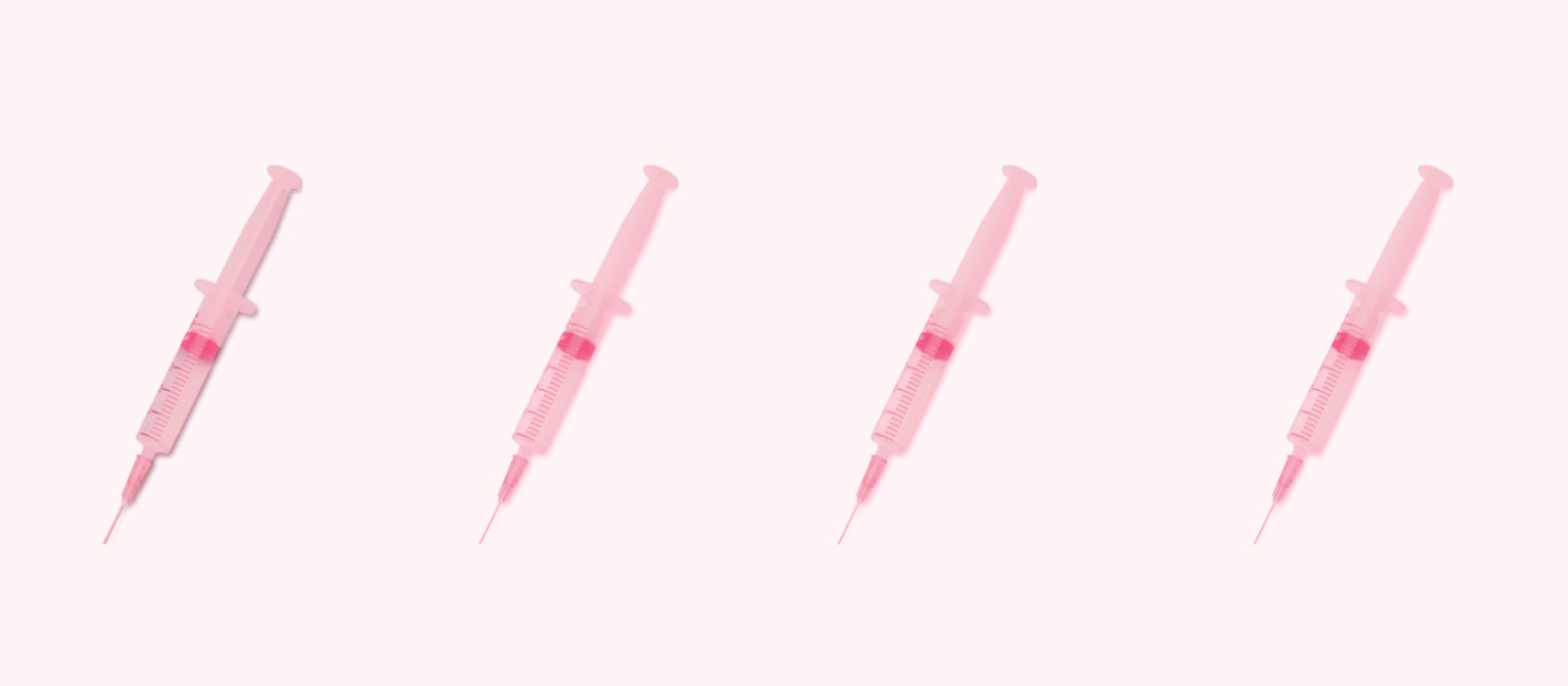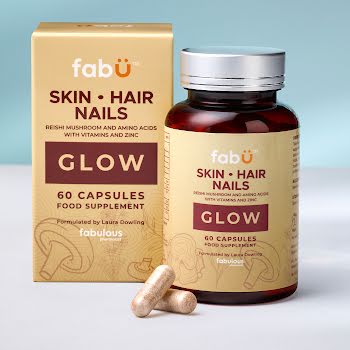
Polynucleotides: everything to know about the ‘salmon sperm’ injectables
Everyone is talking about the regenerative effects of polynucleotides, making them the hottest topic in aesthetics right now. But what are they? We asked expert aesthetic doctor and Consultant Surgeon, Dr Deirdre Fitzgerald of Dublin’s Fitzgerald Private Clinic to explain about the treatment for fine lines, under-eye dark circles, uneven skin tone and dry skin.
MEET THE EXPERT

Aesthetic doctor and Consultant Surgeon, Dr Deirdre Fitzgerald, Dublin’s Fitzgerald Private Clinic
What are polynucleotides?
First and foremost polynucleotides are not dermal fillers; they are known as bio-regenerators, bio-stimulators, or bio-revitalisers because they have a natural stimulatory effect on the skin to kick-start improvement in skin quality and achieve a more youthful appearance. Polynucleotides are natural highly-purified DNA molecules that are derived from fish, specifically salmon and trout, as they also contain a protein high in Arginine, an amino acid that has proven regenerative effects on the skin. Their targeted placement improves skin elasticity and hydration, reduces inflammation, and stimulates new skin cell production.
What effect do they have on your skin?
The purpose of injecting the polymerised polynucleotide-based injectable gels is to stimulate our own cells to produce and remodel the collagen and elastin that we lose with ageing. It is for this reason that they have been used to aid post-surgical and traumatic wounds to heal for many years now. Once injected, the DNA fragments are slowly integrated into the dermis, a layer of the skin, where they get to work, signalling a wound-healing response from your cells. They start the repair process by stimulating fibroblast (skin cell) activity and proliferation, causing collagen production to ramp up and hydration levels to rise, with improved tone and texture and a reduction in fine lines and wrinkles. The ability to stimulate tissue repair means that polynucleotides can also improve uneven skin tone, irregular skin discolouration (dyschromia), and textural concerns, including scarring and stretch marks. The increased skin cell activity also results in a mild increase in tissue volume and skin tightening from improved elasticity
Who is the treatment not suitable for?
Anyone with a fish allergy or who cannot use fish-derived products. The treatment is also not recommended in pregnancy/breastfeeding as for all injectable treatments.
What happens during the procedure?
It is important to wear no make-up attending this appointment. The skin is assessed and a numbing cream is applied. The polynucleotides are injected very superficially, either using a very fine needle or a cannula, depending on the area being treated.
How many treatments are needed?
For best results three treatments spaced 3-4 weeks apart are recommended. It takes time for the collagen to get to work, so best results will be noticeable a few weeks after your completed course and usually last 6-9 months. Results are not instant because we must allow time for the bio-stimulatory effect; improvements in skin quality should be gradual and incremental. Results vary depending on the ability of an individual’s skin to respond.
Is there any pain or discomfort?
As the injections need to be placed very superficially in the skin to do their job, there will be visible bumps and sometimes slight itchiness in the area treated. This gradually reduces over the following hours and days. As with any injectable treatment, temporary redness, bruising and swelling are always a possibility.
Can this be used along with other treatments?
Yes absolutely. It works completely differently from anti-wrinkle and dermal filler treatments so can be a great new addition to your treatment plan. Polynucleotides also act as a great ‘primer’, meaning it can prepare the skin and make it more receptive to other skin treatments eg radiofrequency, microneedling, chemical peels etc.
What is the difference between polynucleotides, Profhilo and skinboosters?
Profhilo remains one of our most popular treatments at Fitzgerald Private Clinics with good reason, due to the concentrated level of hyaluronic acid hydration being delivered to the deeper layers of the skin. It, however, cannot be used to target more delicate areas such as the under-eye or peri-oral areas.
Skinboosters offer only short-term hydration to our outer skin layers.
Polynucleotides work differently by altering the DNA of the skin cells and encouraging the skin’s natural mechanisms to develop healthier cells, so results tend to take longer to appear, but then last longer overall. These can also be safely used around the delicate eye area, where other injectables are usually not suitable. Polynucleotides can be used alone or in combination with Profhilo or any other treatment (safe spacing of treatments would be advised on an individual basis).
How long will the benefit last for?
Results are not instant because we must allow time for the bio-stimulatory effect; you should expect improvements in skin quality to be gradual and incremental, with changes noticeable within the first month. Results vary depending on the ability of an individual’s skin to respond.
How much does it cost?
Polynucleotide Treatment 2ml (one area) €500; Polynucleotide Treatment 4ml (two areas) €900; Polynucleotide Prepay Course For 2ml (one area) x 3 Treatment sessions €1,400; Polynucleotide Prepay Course For 4ml (two areas) x 3 Treatment sessions €2,500.
The Fitzgerald Private Clinic is the winner of the IMAGE Best Aesthetic Clinic of the Year 2023.



















